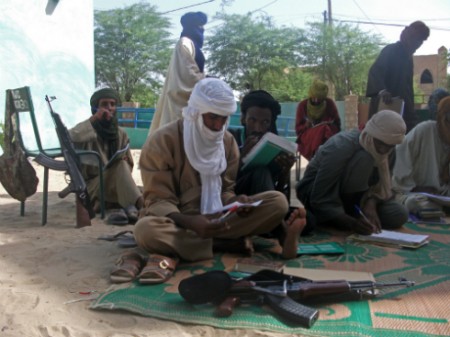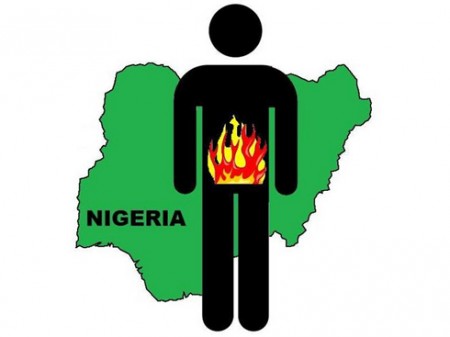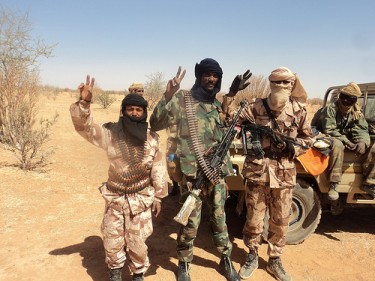
Security experts are pointing to the emergence of an arc of terrorist activity that stretches from the Sahel region of Africa, through the Maghreb region, all the way to the Arabian Peninsula. Increasingly, experts pinpoint the latest hotspots in the global geography of terrorism and then rationalize their existence as being the result of environmental conditions particular to that country or region. Growing concerns about “North African extremism” and “Yemen’s transnational militant jihadism” epitomize a problematic trend in the analysis of the roots of terrorism: the assumption that the origins of terrorism can be traced to a specific set of geographical and socio-economic conditions. The interdependent factors that underlie fragile states, such as natural resource scarcity and poverty, resource wealth and corruption, and weak centralized authority and disaffected minority groups, are used to explain the distribution and diffusion of terrorism among and within states.




